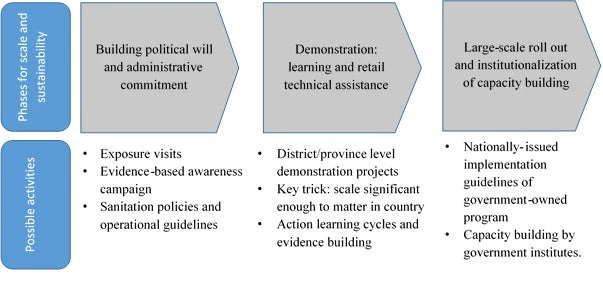With Nong Zhu
Migrant workers have been contributing to one-sixth of China’s GDP growth since the mid 1980s. The impact of rural migrants’ contribution is best seen in cities during the Chinese New Year, when they return to reunite with their families, leaving behind a massive urban labor shortage. This happens every year despite urban families and restaurant owners offering high bonuses.
There is a consensus that migration has contributed to increased rural income, but views differ on its impact on rural inequality. My view is that rural households with higher incomes are not more likely than poorer households to participate in migration or benefit disproportionately from it. Adding to my recent blog in People Move, I would like to discuss the reasons behind this.
Because most - but not all - rural households have farm income , it is normal that the distribution of nonfarm income is more unequal. But this does not necessarily suggest that poor households have relatively lower nonfarm income. Moreover, that migrant households have a higher observed average income than nonmigrant households does not necessarily suggest that households that choose to migrate would have had higher income in the absence of migration.
Nong Zhu and I tried to answer the questions of who participates in and benefits more from migration in a case study using a survey of rural households in Hubei Province in China in 2002. Future research will shed more light on this topic as more data become available, but our results show that migration disproportionately benefits poor households by providing them alternatives to lower marginal labor productivity in agriculture.
First, migration income tends to have an equalizing effect on earnings in rural China. The Gini of observed total income is 0.45 in the presence of migration but 0.56 with migration income excluded. Migration permits households with low marginal labor productivity in rural areas to diversify their production in the urban sector and thus increase income. Households with a larger labor endowment relative to land resources, which in general would have been poorer in the absence of migration, are more likely to participate in migration because their opportunity costs are lower.
Second, participation in migration noticeably reduces rural poverty. Migration raises the income of poor households more than that of rich households (figure 1). For the poorest group (below the 25th percentile) household per capita income increased by more than 80 percent; for the richest group (above the 75th) it increased by less than 25 percent. The rate, depth, and severity of poverty are significantly lower in the presence of migration. Migration helps absorb surplus rural labor, and remittances provide rural households with an additional source of income, improving their living standards and narrowing income gaps.
Figure 1. Effect of Migration on Changes in Rural Household Income (2002)
Third, land shortage, education, and proximity to economic centers encourage households to participate in migration. Nonmigrant households are more productive in local production than migrant households as a result of observable and unobservable characteristics, implying rational selection.
We argue that migration serves as a rational self-selection: more productive farmers stay in the countryside, while workers with higher expected returns in the urban sector migrate. Urban employment not only offers migrant workers alternative job opportunities; it also helps alleviate the pressure of land shortage on those who remain in the countryside. Because credit and insurance markets are inefficient in China, many poor households are unable to optimize their investments in physical and human capital in rural areas.
Migration provides an option to rural households to optimize the allocation of their labor. Like providing options to farmers to lease in and out of land, it increases productivity. In China, urban income is more than twice rural income. With appropriate policies in place, migration can play an important role in improving income distribution of the entire country by increasing the income level and narrowing inequality in rural areas.
Read another post from the author here.



Join the Conversation